Black History is often the crossroads for many who highlight the achievements of Black Americans. However, this crossroads has been under fire for lacking intersectionality.
A Time and Place
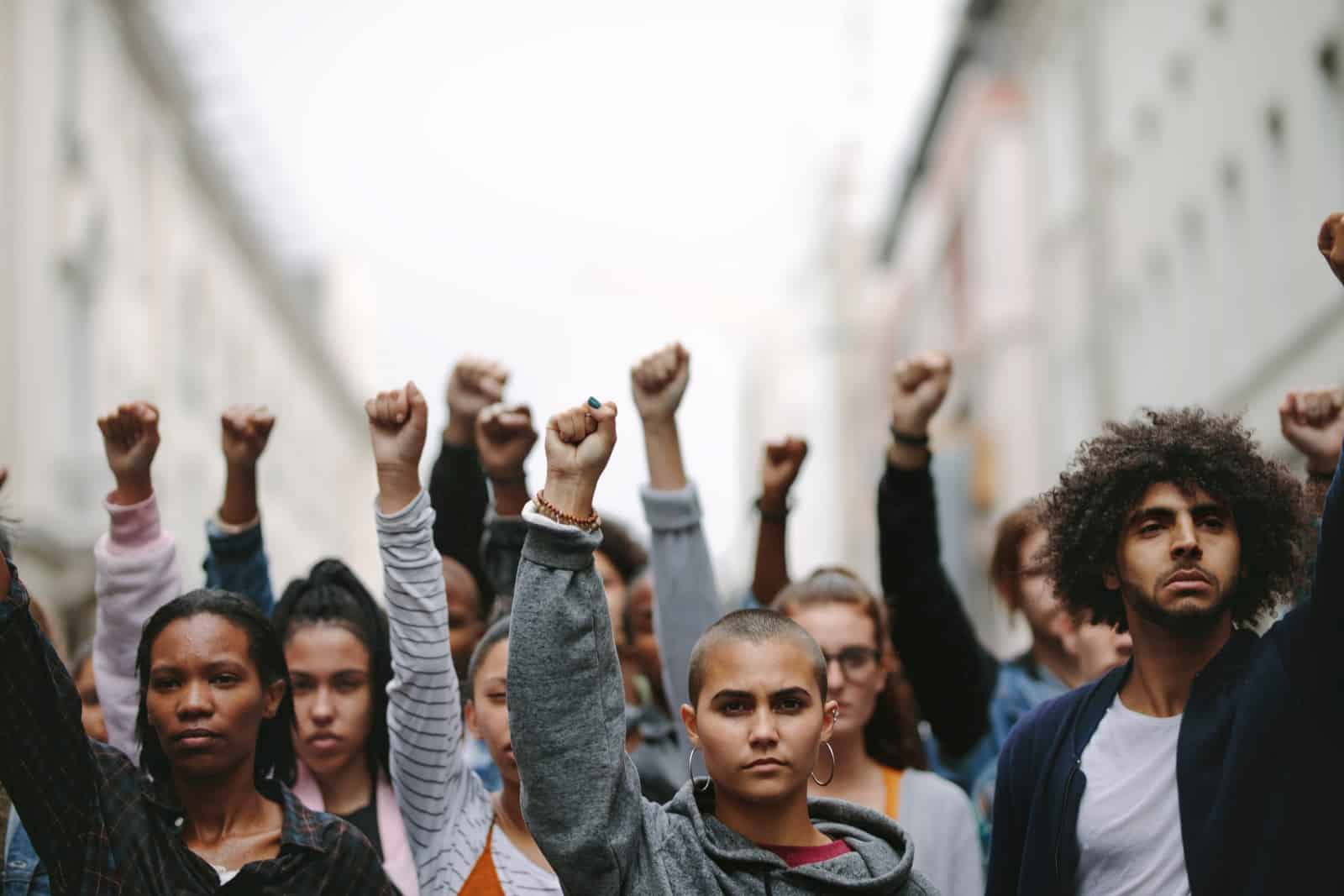
Many members of the LGBTQ+ have lamented the lack of representation during Black History Month. The primary response is that queer culture has its own time to be celebrated, but advocates say that slotting times for intersectional discussions is not enough.
Hijacking Black History Month?

Queer African-Americans have encountered the argument gay rights African-American rights movement should not be compared. The steady shutdown from some straight African-American activists comes from the assertion it is a “hijacking” of the struggles Black people endure.
An Intersectional Approach
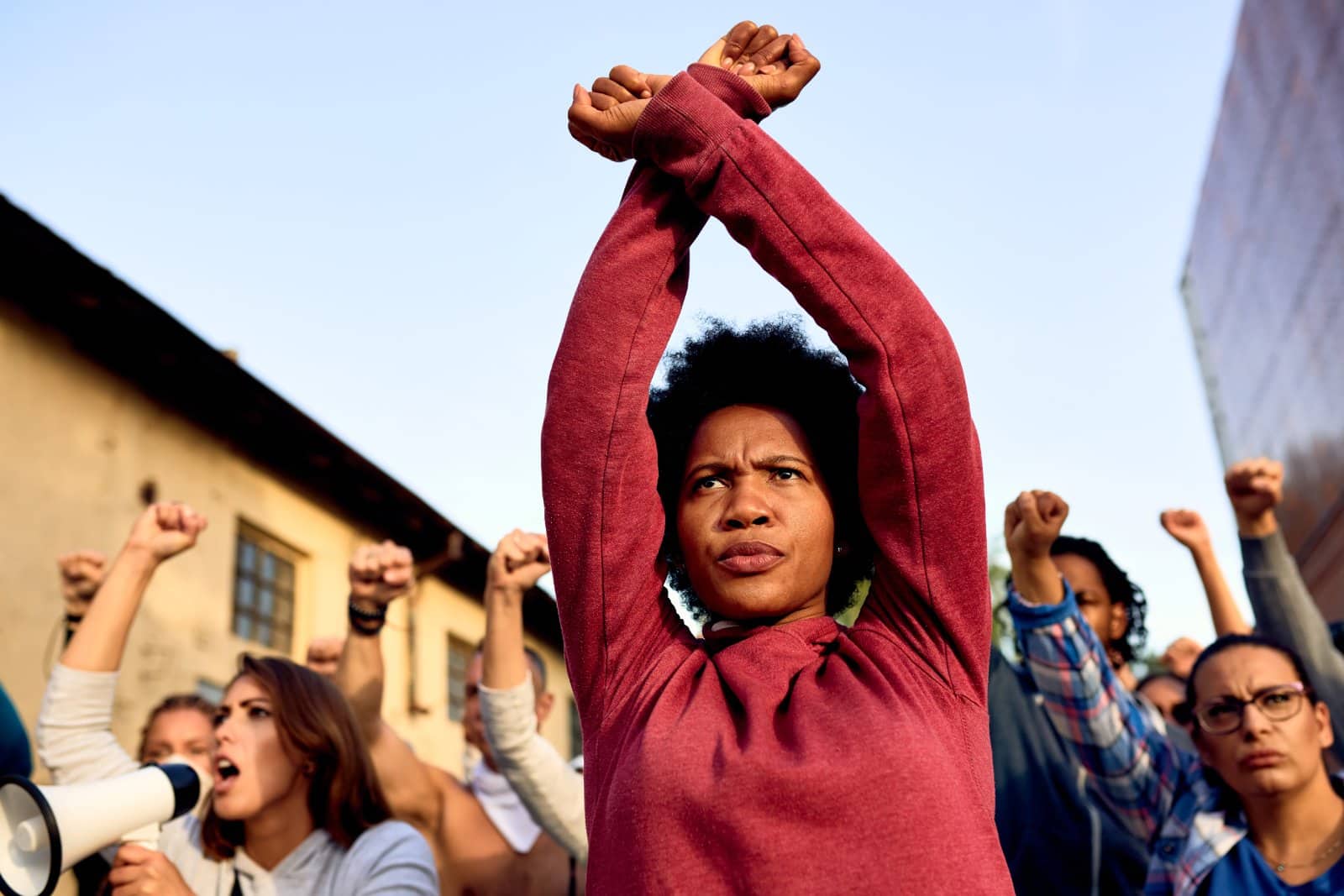
Despite these claims and accusations, many intersectionalist thinkers realize that gay Black people also endured oppression from slavery and segregation. Yet, this point frequently goes overlooked in social discourse.
Talking in Circles

It can be perplexing that this social lens is rarely applied, regardless of efforts being made to push for its inclusion. The circular conversation on the legacy of racism contains a jarring vacancy involving experiences of queer people of color.
A Pattern Emerges

This erasing of queer Black history, which many identify with today, is dismissed from one generation to the next. A pattern is created, causing many to feel cut off from understanding their unique experience.
Crossroads Closed
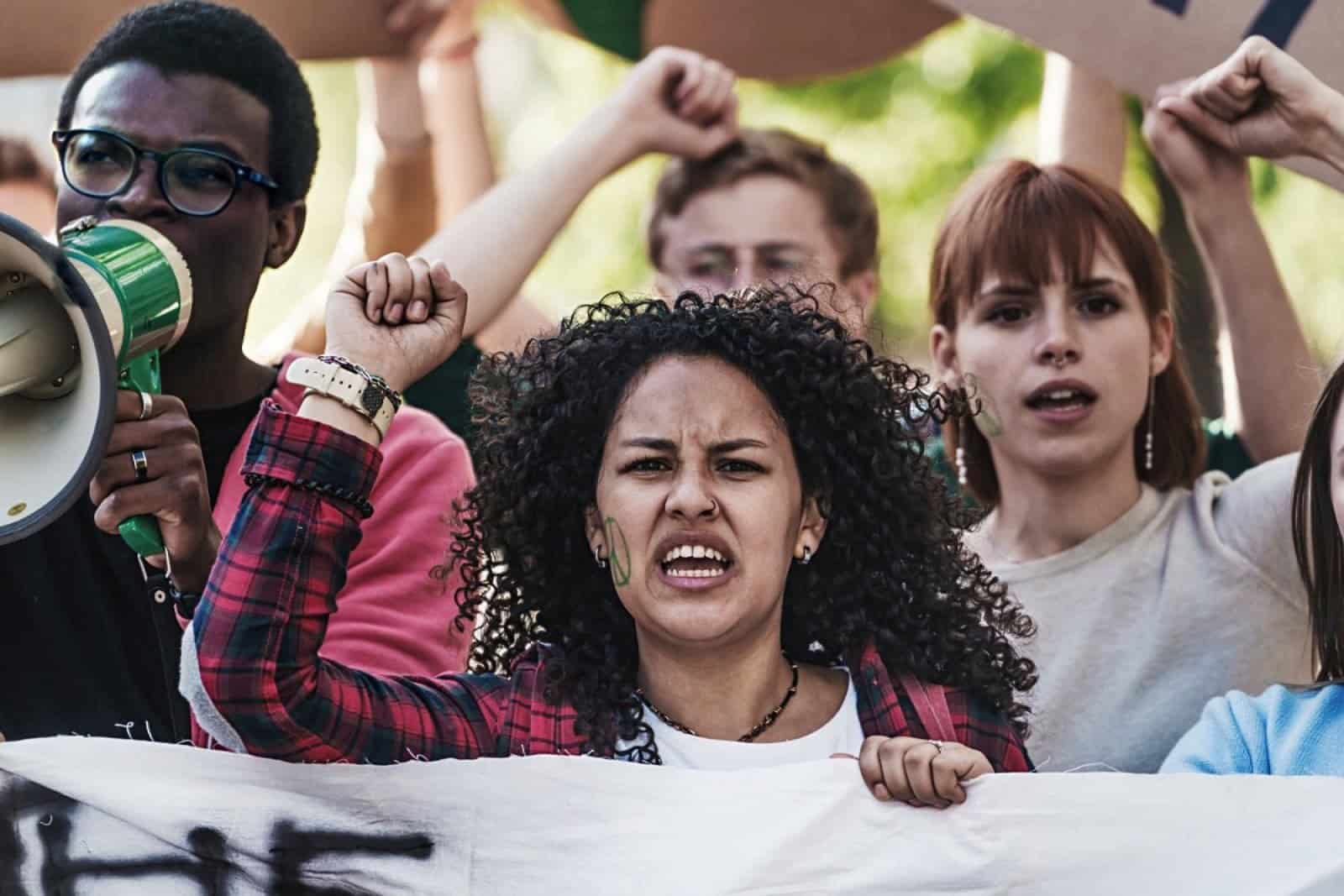
Progress within the dually marginalized group is growing gradually, but not without intense effort. Some even note that they find severe resistance within the Black community, where their existence is rarely welcome.
A Mere Footnote

When recalling encounters with straight African-Americans, there is a significant report of feeling marginalized. Biases and prejudices prevent the queer BIPOC crowd from being accepted. Instead, they’re seen as footnotes as opposed to valid members in the community.
Mistreated and Misrepresented

This mistreatment of LGBTQ+ people of color sometimes is an issue that must be stomached rather than settled. Many will falsely interpret this as the cause of the problem, rather than a side effect of overarching prejudice.
Slowing Down Progress

Blame can be assembled from a myriad of places, but most die-hard advocates blame right wing politics. Conservative attempts to erase queer Black history are seen as an effort to maintain division and cultural stagnation.
Lack of Critical Education
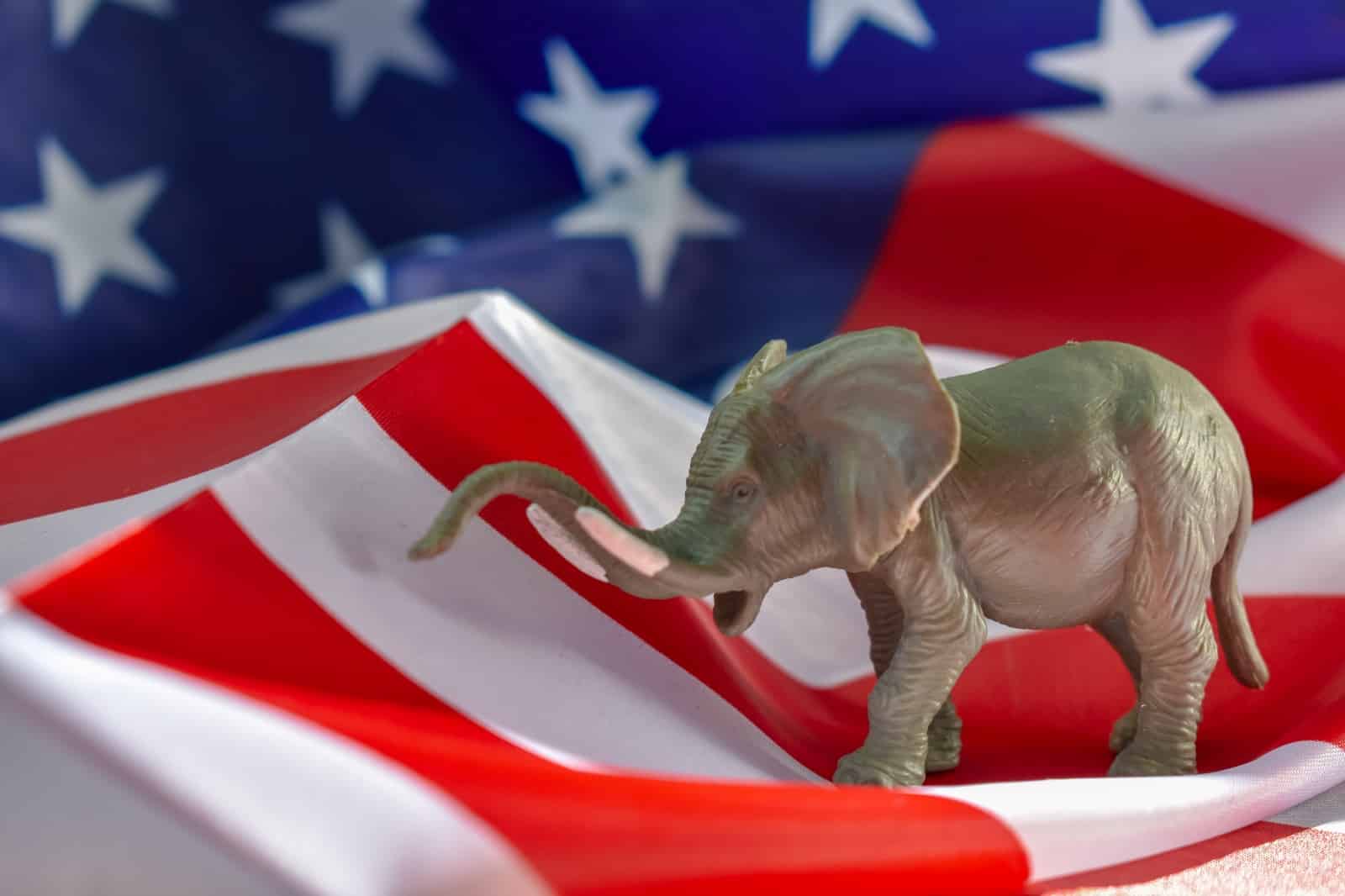
Republican politicians are known to ring the alarm bell on legislation that might further empower marginalized groups. This is most notable in their actions to embargo critical race theory from being taught in public schools.
Enforcing the Binary
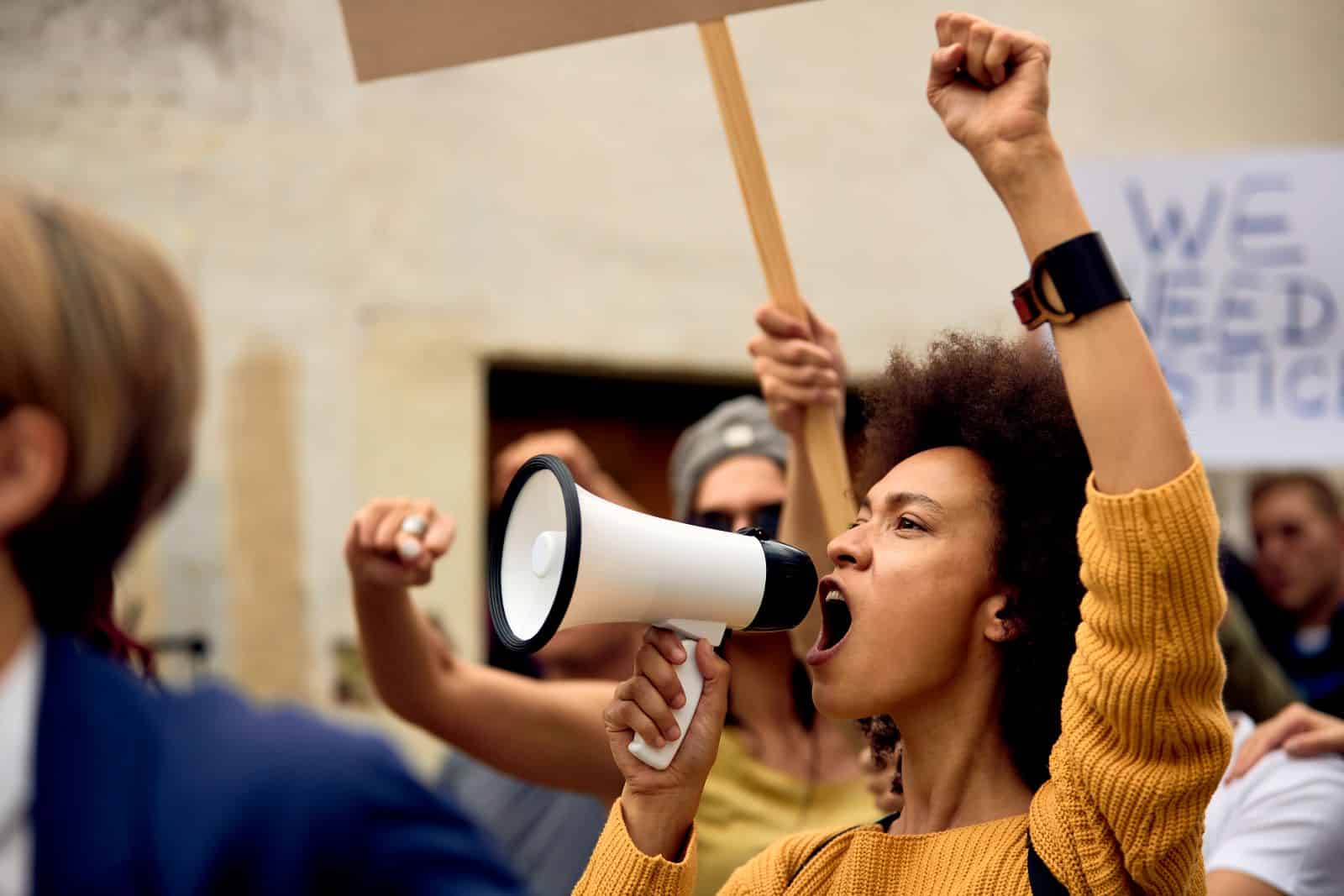
Those who engage in intersectional political discussions view this as the main point of erasure. Contradictions of the historical reality remove the multitude of gender expressions in Black community, allowing space for people outside of the binary.
Cultivate Community
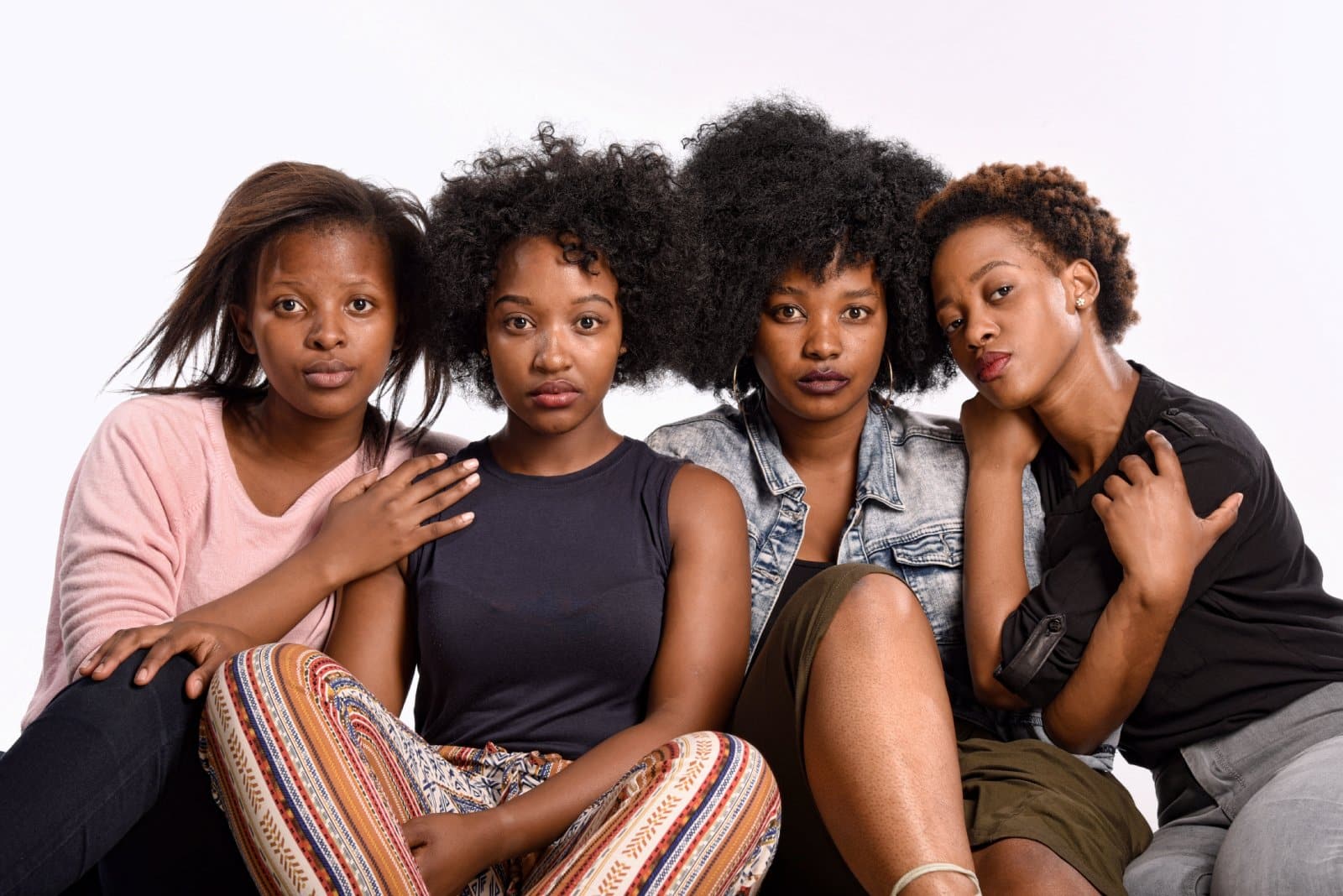
Affirming queer identities during Black history month is vital to resolving the shame and stigma within the Black community. There is an importance in upholding Black queer people as a way to cultivate a holistic and supportive community.
Missing Pieces

When it comes to accessing historical material before the 1960s proves difficult. Several factors contributing to this lack of sources can be boiled down to censorship law. Additionally, heteronormative documentation of Black culture builds extra barriers.
From Sea to Sea
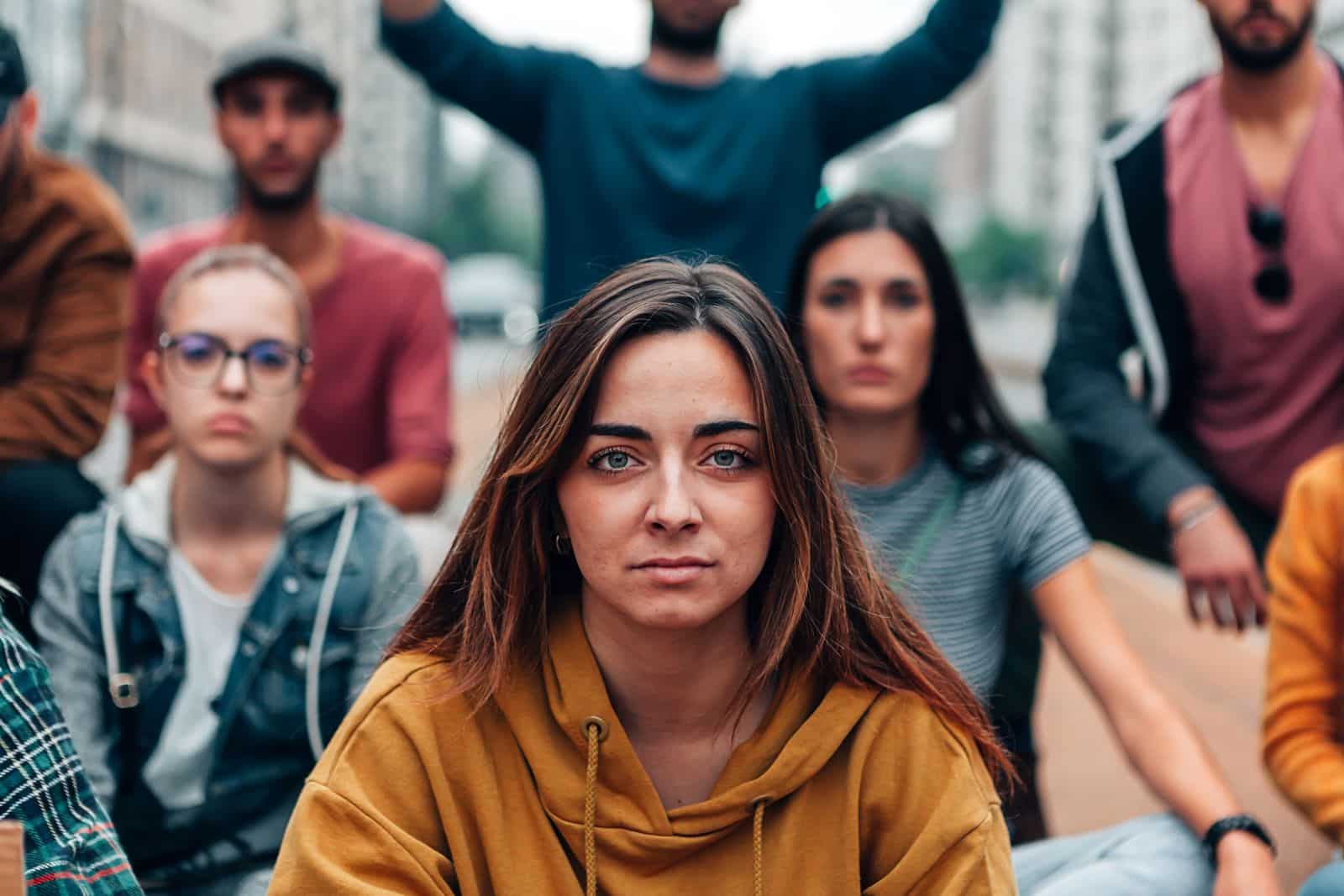
The truth is: queer people of color have always existed. Scholars recognize that evidence, while limited, is available to pinpoint varied gender expression in colonial reports from across the Americas.
A Pre-Colonial Mark

Scholars emphasize why it’s essential to hunt down these stories of humanity and preserve them at all costs. They highlight the legacies of queer and Black history, specifically found in Afro-Brazilian culture during pre-colonial times.
No Rest for the Historians

Historians and activists promote this search with vigor. They agree that actively seeking out Black queer history is the key to unlocking a future where all backgrounds embrace the complexity of human nature.
Looking From All Sides

Throughout the discussions of intersectional diversity, it is necessary to remember why seeing people from multiple perspectives is critical. Releasing discomfort around queerness within Black space means a much more accurate portrayal of Black history.
The post Queer Voices Silenced During Black History Month Amid Accusations of ‘Hijacking’ first appeared on Pulse of Pride.
Featured Image Credit: Shutterstock / Beauty Stock.
For transparency, this content was partly developed with AI assistance and carefully curated by an experienced editor to be informative and ensure accuracy.

